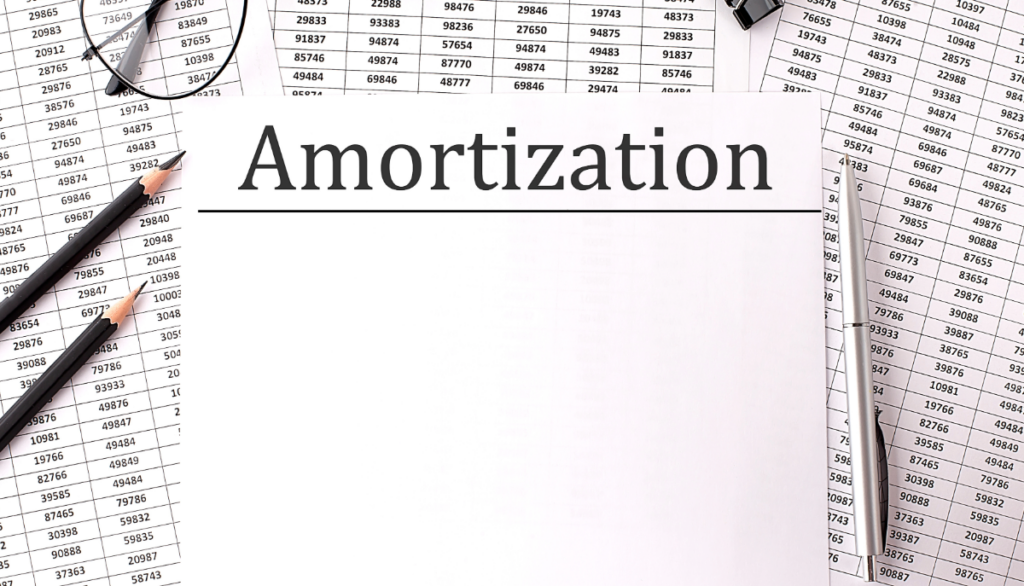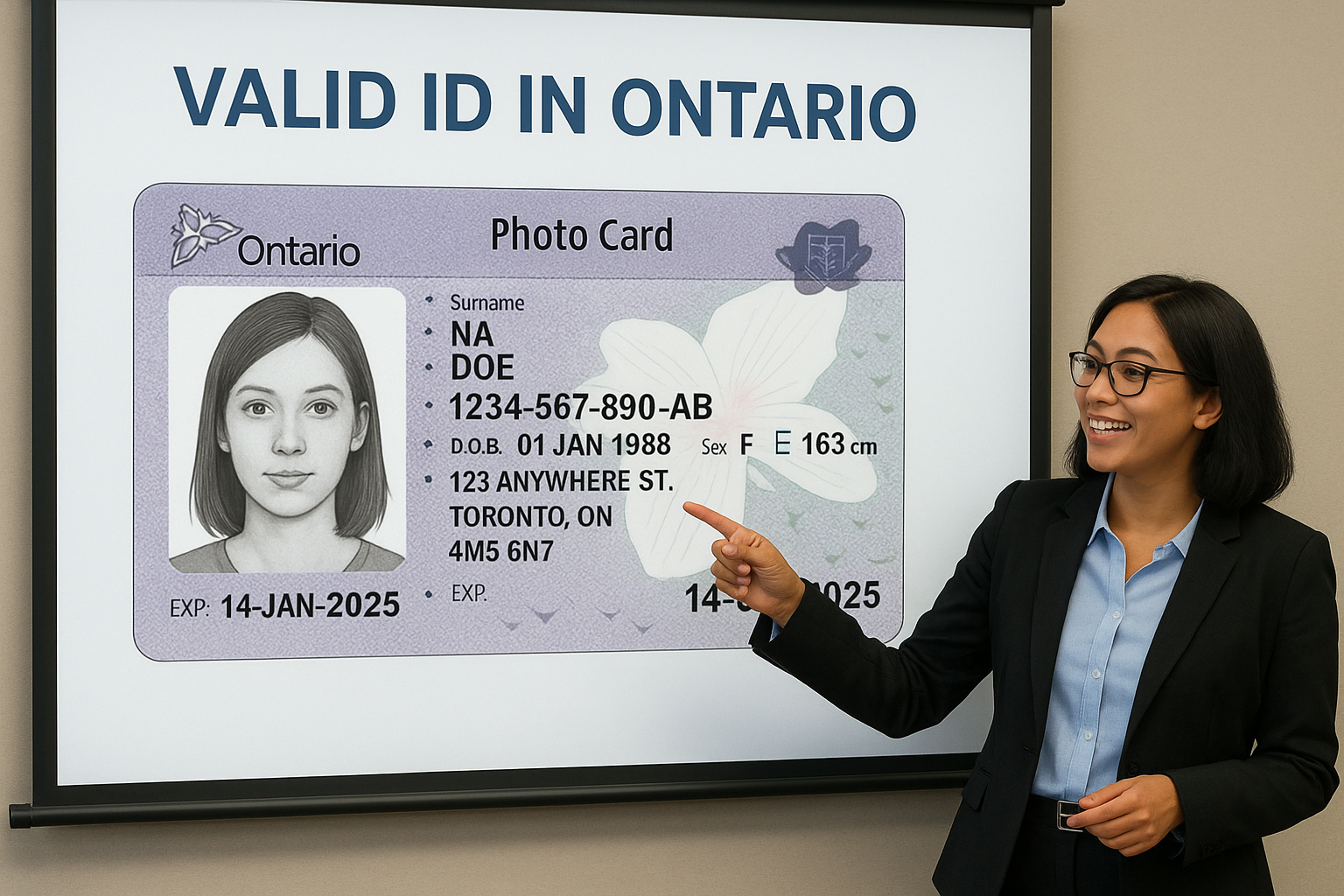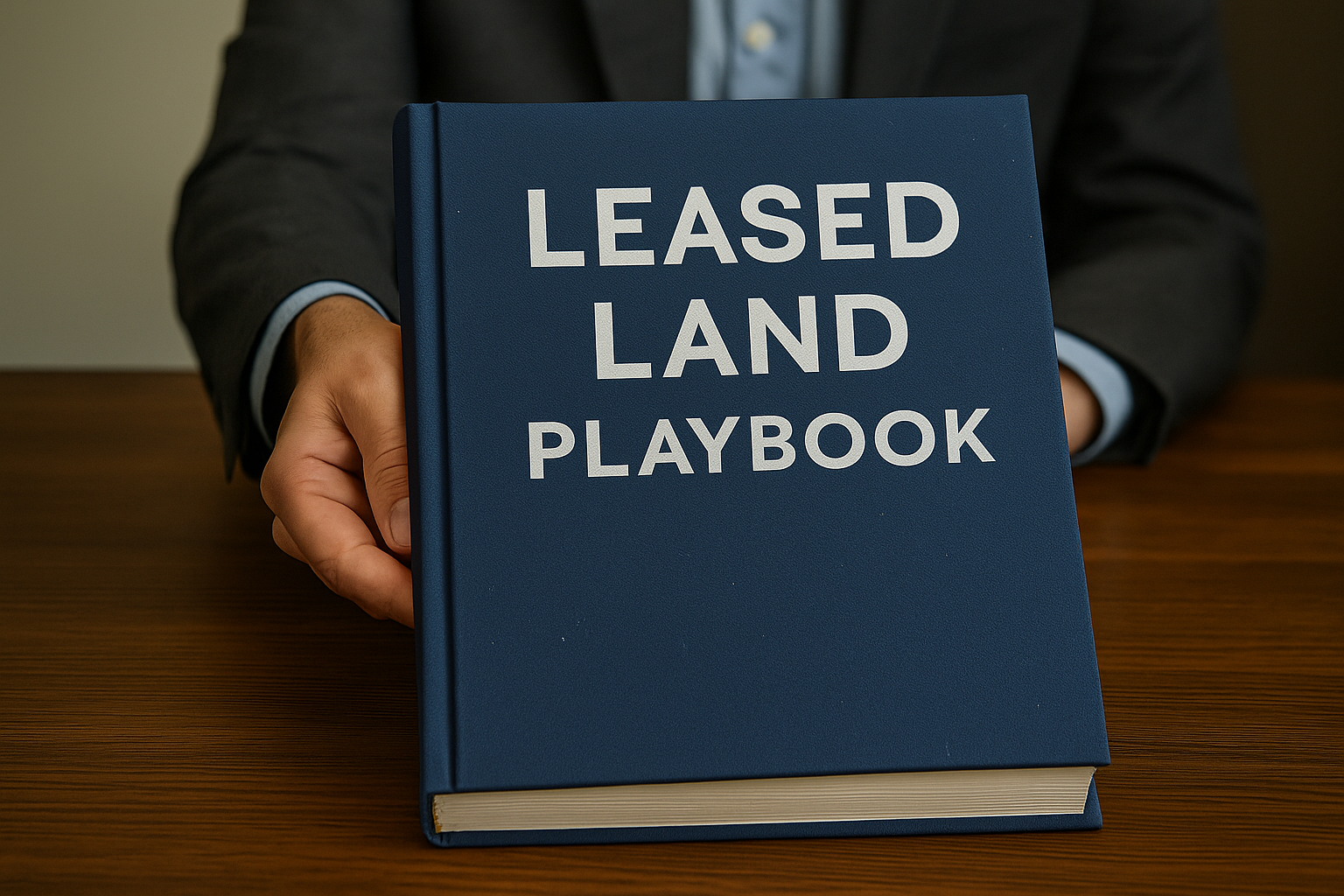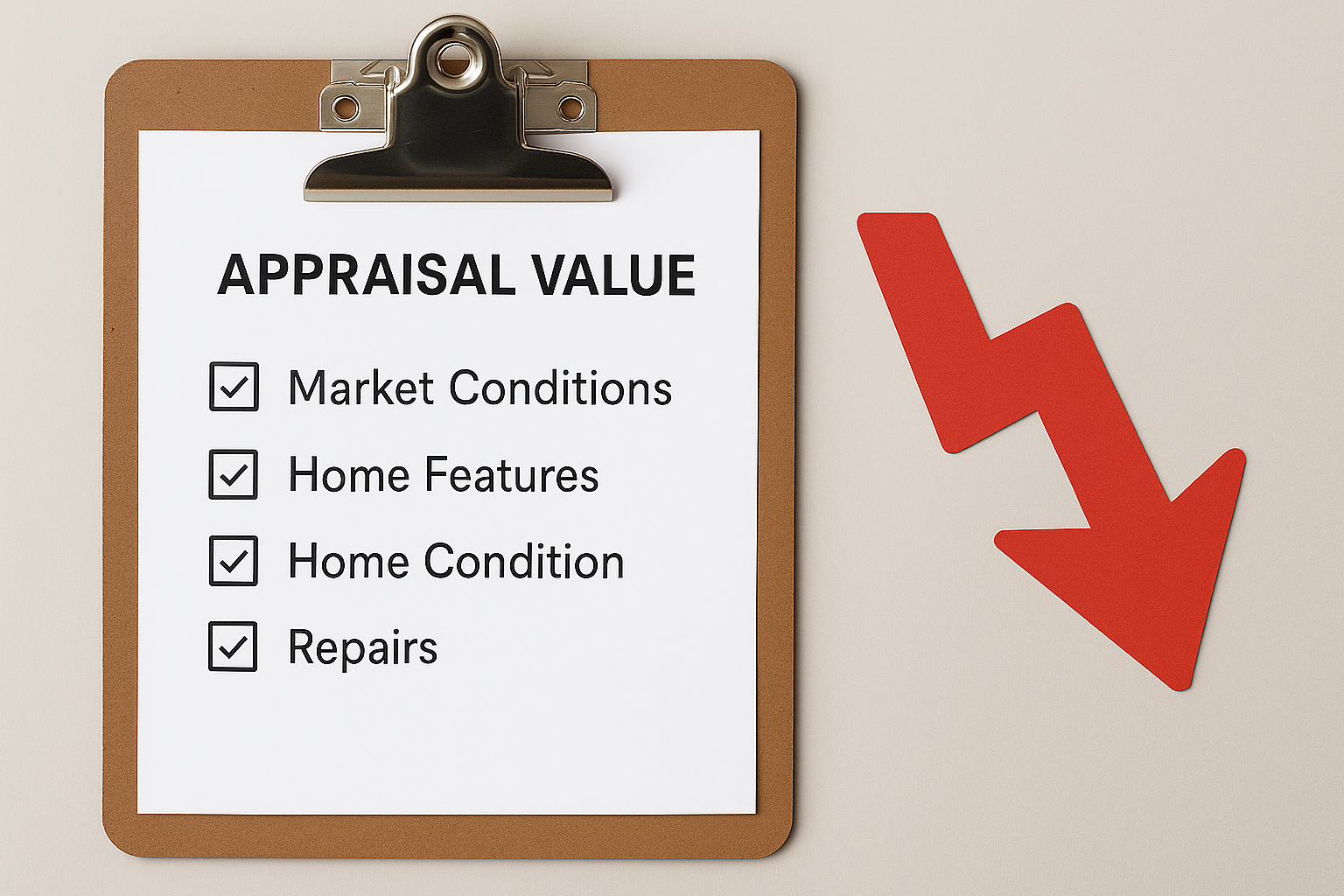Table of Contents
ToggleMortgage Term and Amortization: An Overview
Understanding the difference between a mortgage term and a loan amortization schedule is important for homeowners. These two concepts impact how much interest you pay and how long it takes to pay off your home. When shopping around for a mortgage is important to know the difference between the mortgage term and loan amortization schedule. These will have an impact on your contract with the lender and the interest you pay on your mortgage. This guide will explain the differences and help you decide what might work best for your situation.
Section 1: Understanding Mortgage Terms
1.1 What is a Mortgage Term?
A mortgage term is the length of time you agree to a specific interest rate and conditions with your lender. Common terms range from one to five years but often can go up to as much as 10 years. At the end of the term, you need to renew your mortgage or pay off the remaining balance owed to the mortgage lender.
1.2 Common Mortgage Term Lengths in Canada
In Canada, the typical mortgage term lengths are 1, 3, or 5 years. A shorter term may mean a higher interest rate, while longer terms provide stability but could have slightly lower rates.
Section 2: Loan Amortization Explained
2.1 What is Loan Amortization?
Loan amortization is the process of paying off your mortgage over time through regular payments. These payments cover both principal and interest, with the goal of eventually paying off the loan in full.
2.2 Amortization Periods in Canada
Most Canadian homeowners choose an amortization period of 25 years. A longer amortization means lower monthly payments but also more interest over the life of the loan. Shorter amortization means higher monthly payments but less total interest.
Choosing a mortgage lender that offers repayment flexibility such as lump sum payments or payment increases will allow you to make the changes you want to the amortization period.
Section 3: Key Differences Between Mortgage Term and Loan Amortization
3.1 Definition Recap
A mortgage term is the length of time your current agreement lasts, while loan amortization is the total time it takes to pay off your mortgage. The term is like a chapter in the book of your mortgage, while amortization is the whole book.
3.2 How Each Affects Payments and Interest
The mortgage term impacts your interest rate and how long you are committed to those conditions. Amortization affects how much you pay each month and how much interest you will pay in total.
Section 4: How to Choose the Right Mortgage Term and Amortization Schedule
4.1 Factors to Consider When Choosing
When deciding on a mortgage term and amortization schedule, think about your financial goals, income stability, and comfort with risk. A shorter term or amortization period can save you money on interest, but it comes with higher monthly payments.
4.2 Examples of Different Scenarios
For example, if you expect your income to increase soon, you might choose a shorter amortization period to pay off your mortgage faster. If you need lower monthly payments, a longer amortization might be better.

Section 5: The Impact of Changing Interest Rates
5.1 Fixed vs. Variable Rates
A fixed-rate mortgage means your interest rate stays the same during the term, while a variable-rate mortgage can change based on market conditions. Your choice of interest rate type will affect your term and overall payment schedule.
5.2 Impact on Amortization Period
If interest rates rise, your monthly payments may need to increase to stay on track with your amortization schedule. Some Canadians have been faced with a negative amortization period over the last few years. Understanding how interest rates affect your mortgage helps you plan better.
Section 6: Benefits and Drawbacks
6.1 Benefits of Shorter Mortgage Terms and Amortization
Shorter terms and amortization periods mean you pay less interest over time and become mortgage-free sooner. This can be a good choice if you want to save on total interest costs over time.
6.2 Drawbacks of Shorter Terms and Amortization
The biggest drawback is higher monthly payments, which might not be affordable for everyone. Depending on your mortgage lender, you may have the option to decrease these payments down the road. It’s important to choose a plan that fits your budget comfortably.
Section 7: Refinancing and Its Role
Refinancing is when you replace your current mortgage with a new one, often to get a better rate or change your amortization schedule. Refinancing can help you adjust your plan to suit your financial needs.
Conclusion
Choosing the right mortgage term and loan amortization schedule depends on your financial goals and circumstances. Understanding how each affects your payments and total interest can help you make an informed decision that works best for you. It’s also important to make your mortgage professional aware of your short-term and long-term goals so they can guide you appropriately. The team at LendToday has been assisting homeowners navigate their options for years, helping them make informed decisions and achieve their financial objectives.
FAQ Section
-
- What is a mortgage term vs. loan amortization?
A mortgage term is the length of time you agree to a specific lender and interest rate. Loan amortization is the time it will take to repay the loan in full. - How does a mortgage term affect interest rates?
Shorter mortgage terms may have lower interest rates, while longer terms could be higher but offer stability. - Is a longer amortization period better?
Longer amortization means lower monthly payments but more interest over the loan’s life. - What happens when my mortgage term ends?
You need to renew your mortgage or pay off the remaining balance at the end of the term. - Can I change my amortization schedule mid-mortgage?
Yes, through refinancing, you can adjust the length of the amortization. - What is the typical mortgage term in Canada?
Typically, mortgage terms are 1 to 5 years, with 5 years being the most common. - How can I pay off my mortgage faster?
Consider making lump sum payments or increasing the amount of your regular payments.
- What is a mortgage term vs. loan amortization?
Mortgage Term and Loan Amortization Learn More
- Title Insurance: Proven Homeowner Protection in 2025 - July 8, 2025
- ID Requirements for a Mortgage in Ontario: What You Need to Know - July 2, 2025
- Low Appraisals: Steps Canadian Homeowners Can Take - June 27, 2025






